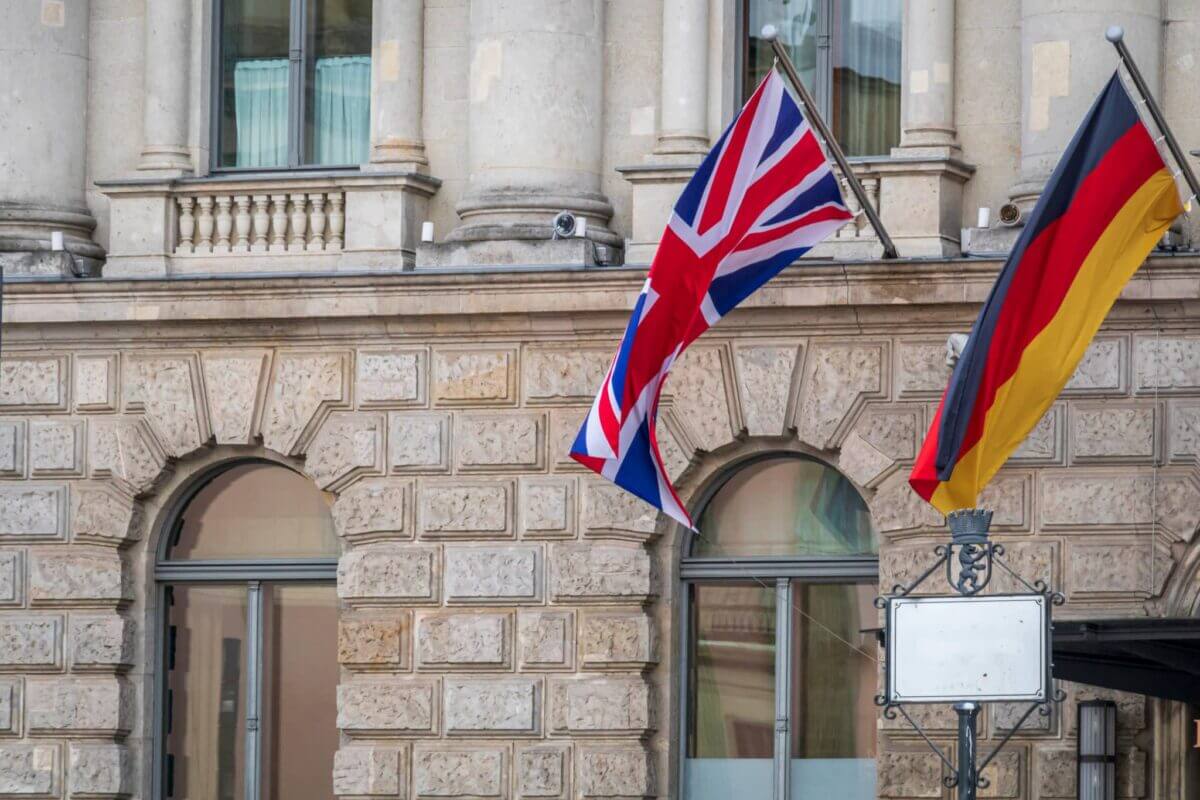
Germany, Europe, and Britain this Week
The most successful economy in Europe is in a recession. Germany’s first official GDP announcement showed a 2.2% decline in the first quarter.
This decline led its steepest quarterly decline since the 2009 Financial Crisis as its manufacturing and retail sectors remain shut.
Other countries in Europe don’t look like they’re doing better: France and Italy’s economies slumped by 5.8% and 4.7%, respectively. This was largely due to the German government’s insistence on allowing factories and construction sites to stay open.
Chancellor Angela Merkel’s unexpected stimulus package also helped its economy stay afloat with state aid and intermittent schedules. The decision kept its employment rates steady.
Output data, on the other hand, saw an altered contraction of 0.1% in the fourth quarter. The country previously expected a stagnant figure beforehand. This comes to show that regardless of the virus, Germany was already on its way to a recession anyway.
Carsten Brzeski of ING admitted that the country’s status will get worse in coming months. Then, it only goes up from there. Besides, today’s data was the result of five weeks of lockdown.
Brzeski believes that the slow lifting of some measures will also cause trouble for the German economy.
From January to March, its economy fell by 2.3% after a 0.4% expansion over the quarter. Analysts expected its national output to decrease by 2.2% in addition to a 2% yearly contraction.
Europe and Britain Trade Debate Continues
In similar economy news, Britain and the European Union hasn’t made any progress on its trade relationship. Britain was supposed to leave its transition period after it left the EU earlier this year.
Now, both sides are still in talks with cooperative partnerships on various sectors despite the nearing June deadline. By then, they’re supposed to assess their progress to agree on possible extensions for further talks, which London opposes.
Unless the extension takes place, the EU claims that all talks would need to finish by October. If there were any ratifications for a new deal, it should start by then.
Essentially, the main debate revolves around fundamental disagreements on fair competition, fisheries, and oversight. Europe wants a closer relationship with Britain, but the latter wants to keep its rights as an independent state.
The world economy is at the edge of its seat as Britain continues to reject Europe and its pleas. There hasn’t been any breakthroughs since Brexit, and if this continues, the country could risk a crash out.
Moreover, without an extension or an agreement, it could potentially damage both economies in the long run.




